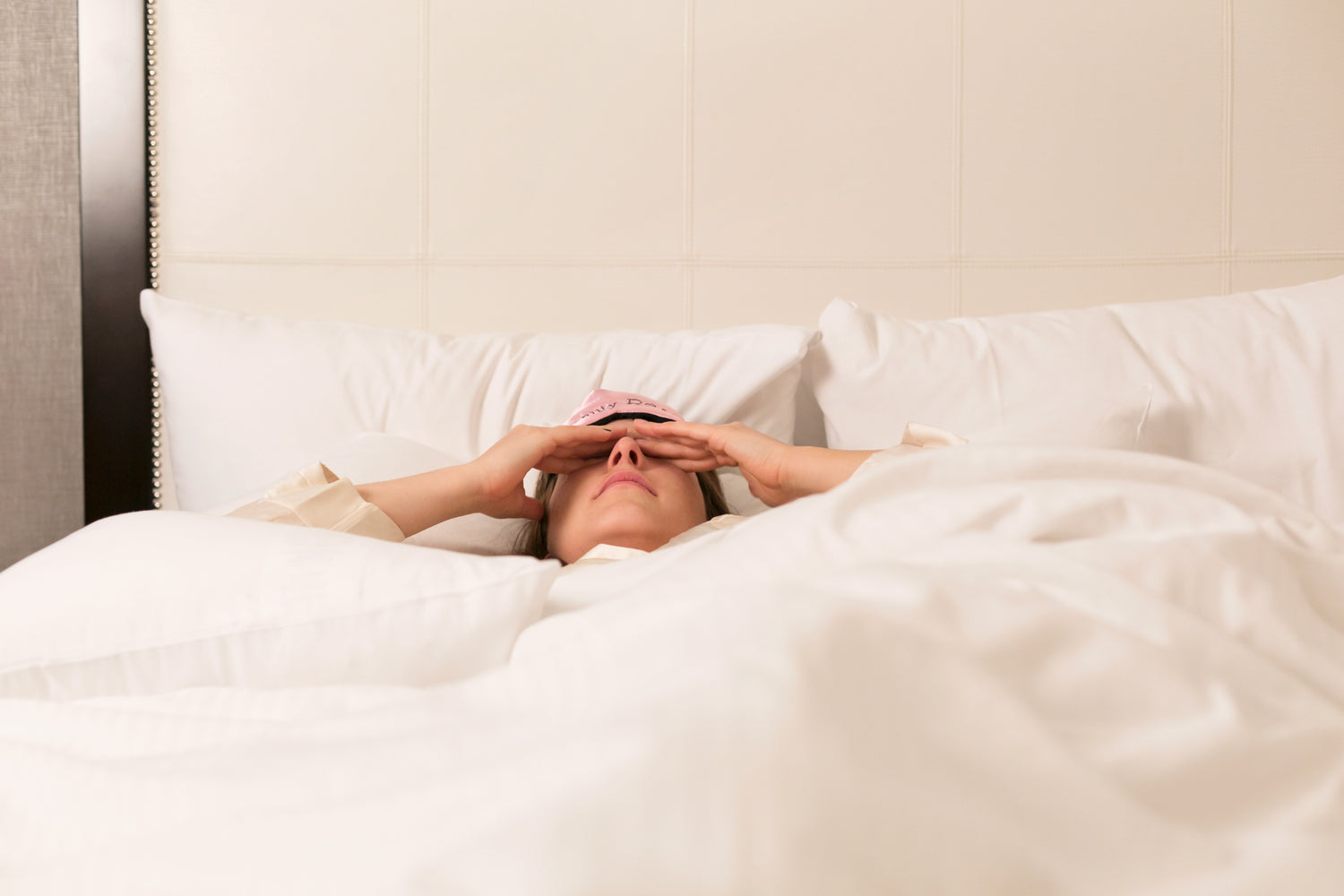Australia’s Sleepless Nation:
The Rising Problem of Sleep Issues
In today’s fast-paced, always-on world, getting a good night’s sleep has become a luxury many Australians are struggling to afford — not financially, but biologically. Sleep problems are quietly becoming one of the most common health challenges across the country, affecting everything from productivity to mental health.

How Widespread Are Sleep Issues in Australia?
According to the Sleep Health Foundation, around 40% of Australians don’t get enough quality sleep. More than 1 in 3 adults regularly suffer from symptoms of insomnia, and it’s not just about being tired — poor sleep is linked to increased risks of heart disease, depression, obesity, and impaired immune function.
Common sleep complaints include:
- Trouble falling asleep or staying asleep
- Waking up too early
- Excessive daytime tiredness
- Snoring and sleep apnoea
- Restless or non-refreshing sleep
What’s Causing the Sleep Crisis?
Several factors contribute to Australia’s sleep troubles:
1. Technology & Screen Time
Blue light from phones, tablets, and TVs suppresses melatonin — the hormone that helps you fall asleep. Scrolling before bed delays sleep and disrupts deep rest.
2. Work Stress & Overload
With longer working hours, blurred work-life boundaries (especially since COVID-19), and high-pressure careers, many Australians are taking their stress to bed.
3. Poor Sleep Hygiene
Erratic bedtimes, caffeine too late in the day, and irregular routines throw the body’s natural circadian rhythm off balance.
4. Mental Health Challenges
Anxiety and depression are closely linked with insomnia. And while sleep deprivation worsens mood, it also makes mental recovery more difficult.
5. Undiagnosed Conditions
Issues like sleep apnoea or restless legs syndrome often go unnoticed, especially if symptoms are subtle. Left untreated, these can severely impact health and daytime functioning.
The Cost and the Cure

Sleep Is a Health Priority, Not a Luxury
Sleep isn’t a nice-to-have. It’s foundational to every aspect of your wellbeing. From what you wear to how you wind down, every element of your nighttime routine plays a role.
So if you've been struggling to fall asleep or stay asleep, start with the basics — a peaceful environment, a healthy routine, and something as simple as a pair of Dreamtime Range Pyjamas.
Because good sleep isn’t just about counting hours — it’s about making them count.
